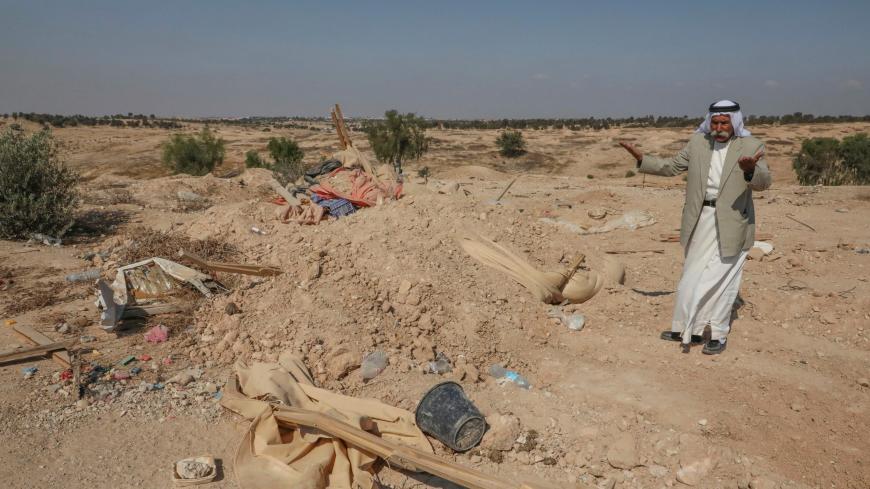The inter-ministerial committee on planting trees in the Negev region convened July 13 to discuss a development plan for an area near the Bedouin townships of Segev Shalom and Abu Talul. According to reports in the media, the committee approved, for the time being, only partial implementation of the plan. However, environmental groups and representatives of the Bedouin community in the vicinity are warning against the plan and also against the general policy of greening the desert.
The vision of planting trees is embedded in Israel’s modern history. At the beginning of the 20th century, pioneers from Europe and Russia struggled to dry up the swamps up north and rid the region of malaria. They planted eucalyptus trees and turned the swamps into fertile agricultural lands. After Israel was established in 1948, its leaders committed to making the desert lands in the south flourish. It was this vision that turned Israel into a pioneer in the field of water management and drip irrigation.



